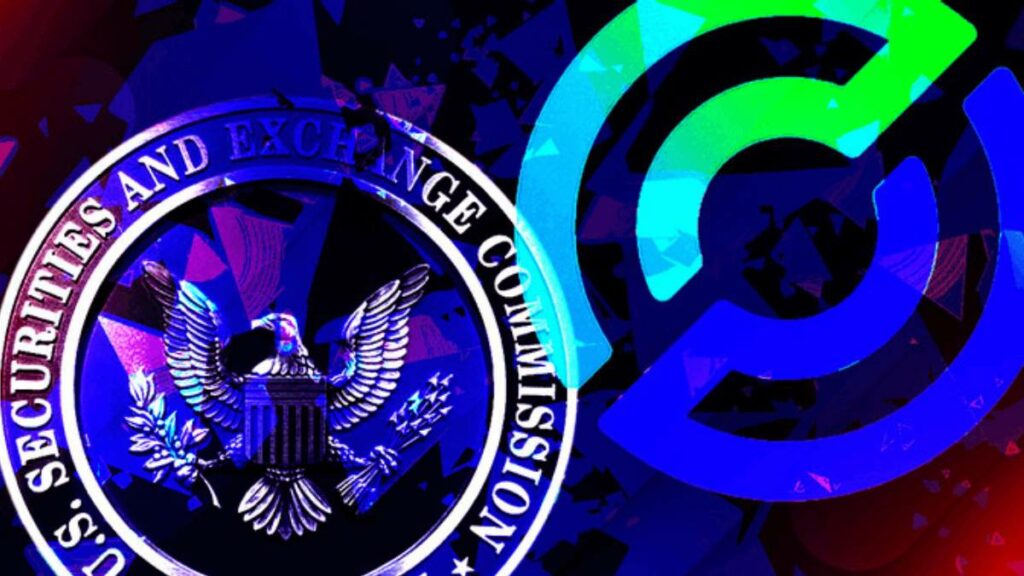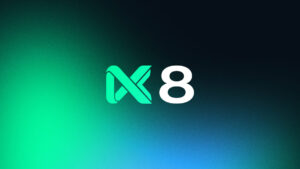TL;DR
- SEC expresses concerns about USDC’s classification as a security.
- Circle’s IPO could be affected by this regulatory review.
- Other stablecoins like PYUSD and RLUSD are also under SEC scrutiny.
The United States Securities and Exchange Commission (SEC) has raised significant concerns regarding Circle Internet Financial’s plans to go public, focusing especially on its USDC stablecoin.
According to documents obtained by Barron’s, the SEC’s Division of Corporate Finance has been in constant communication with Circle for nearly a year, scrutinizing the company’s disclosures about the risks of USDC being classified as a security.
If USDC is considered a security, Circle would have to comply with strict regulations, which would increase operating costs and could limit the types of businesses that can use USDC.
Additionally, the SEC is evaluating whether Circle should be considered an investment company, which would impose even more rigorous oversight, including requiring it to file holding reports and adhere to certain operating limitations that do not apply to regular companies.
This regulatory scrutiny further complicates Circle’s plans to conduct an initial public offering (IPO), a process they already attempted unsuccessfully in 2022 due to similar concerns.
Circle has indicated that the IPO will take place only after completes its review, also depending on market conditions and other factors.
SEC Chairman Gary Gensler has previously suggested that security-backed stablecoins could be treated as securities, although he did not specifically mention USDC.
Coinbase, a major Circle backer, maintains that USDC is not a security.
It is relevant to mention that the recent SEC lawsuit against Coinbase, in which it is accused of selling 13 unregistered securities, did not include USDC.
Circle argues that USDC and other stablecoins do not qualify as securities because buyers do not expect to make a profit and the transactions do not have the characteristics of an investment contract.
Other Stablecoins Under the SEC Magnifying Glass
In addition to USDC, other stablecoins such as PayPal’s PYUSD and Ripple’s RLUSD are also under SEC scrutiny.
PayPal has been subpoenaed to provide documents related to PYUSD, and Ripple’s plans for its stablecoin have raised concerns at the SEC about potential violations of securities laws.
The regulatory attention on Circle and other stablecoin issuers highlights the complexities of navigating US securities laws in the cryptocurrency space, especially when looking to enter public markets.
This strict regulatory environment could impose significant challenges on the operations and expansion of these companies, impacting their ability to innovate and grow in the digital financial sector.
As Circle and other cryptocurrency companies face this scrutiny, the industry is closely watching regulatory developments that could define the future of stablecoins and their integration into traditional financial systems.
Resolving these regulatory issues will be crucial in determining how these digital currencies will be able to operate within the existing legal framework and what role they will play in the global economy.











